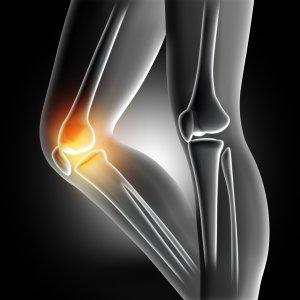Knees that Snap, Crackle and Pop
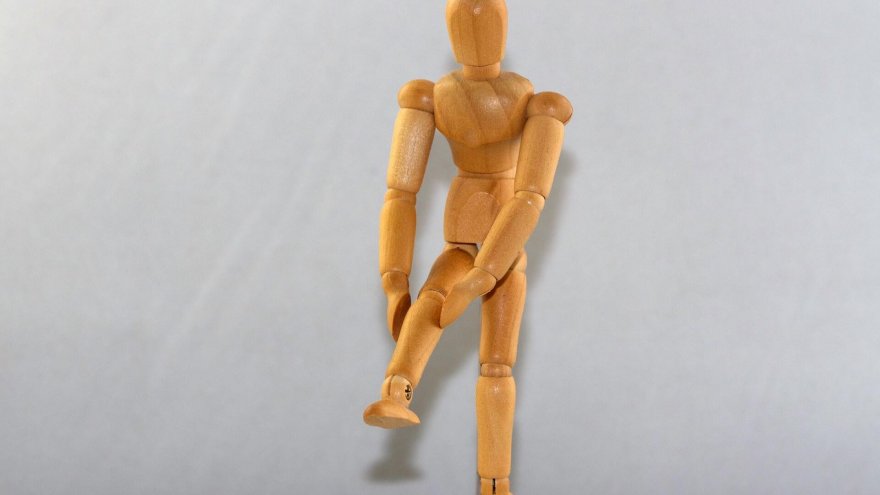
As runners we have grown accustomed to hearing many different kinds of noises by our bodies during various parts of a run, a day or a season. Perhaps your mind immediately springs to the guttural types of noises that involuntarily emerged from your upper regions during your last hill session or, heavens forbid, other sounds escaping as your metabolism kicked in during your run. Well, this article is not about those types of noises. Rather we will be talking about the popping or cracking sounds that we sometimes hear when bending or extending our knees.
What does that popping mean?
According to this source, “any grinding, creaking, cracking, grating, crunching, or popping that occurs when moving a joint” is referred to as crepitus or crepitation. There may be several reasons why your knees are making popping or cracking sounds as you bend or extend them. The reasons may range between totally harmless, if no pain is experienced, or a warning sign of something that needs to be addressed if your knees are hurting. Let’s look at some possible causes of knee popping and cracking.
1. You may have gas
Sometimes small bubbles of gas build up in the fluid that surrounds the ligaments and cartilage around the knee. Every once in awhile, when you bend or extend the knee, the bubbles may pop and ligaments may snap. This form of crepitus is common, painless and nothing to cause alarm. You (really) can run and function as normal.
2. Muscle tension and incorrect kneecap tracking
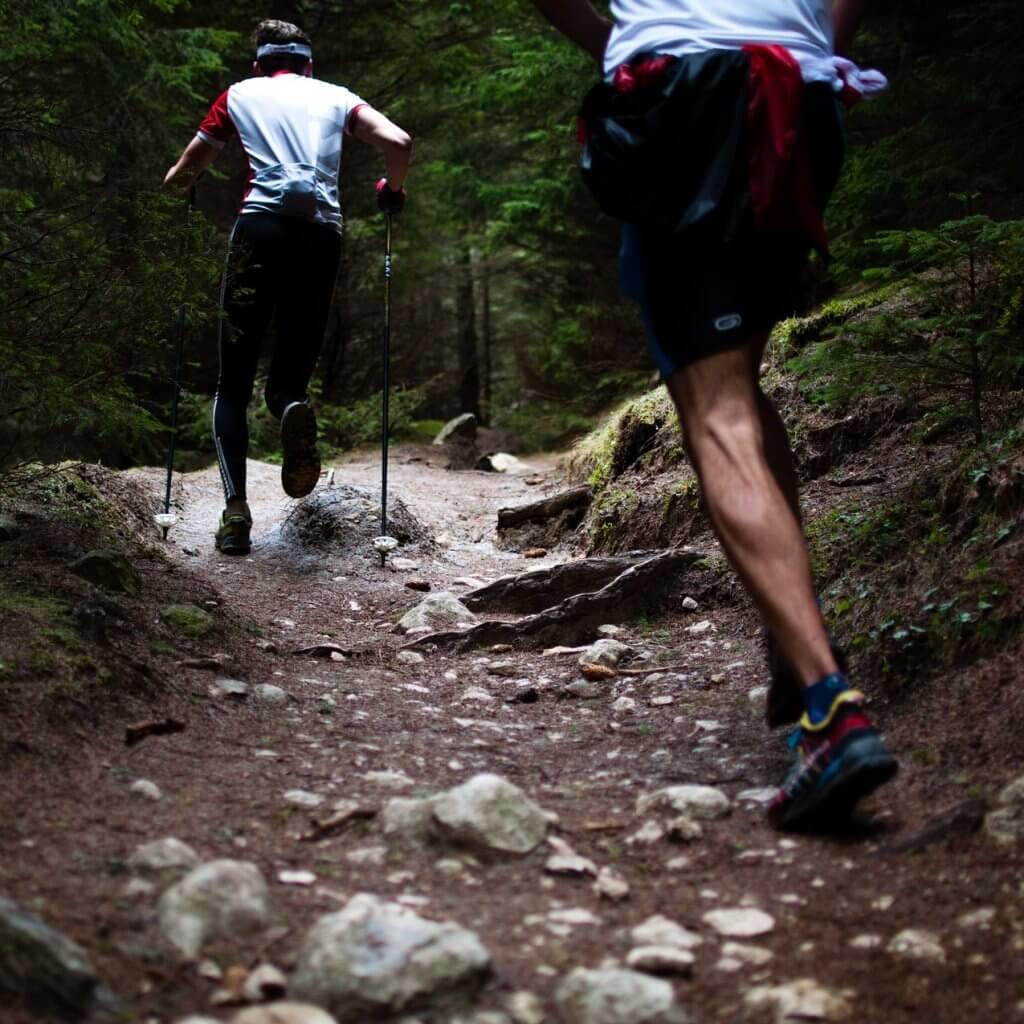
The kneecap normally sits and slides in a groove at the bottom end of the thigh bone. It is held in place by ligaments. Chronic crepitus with varying amounts of pain may be a sign of incorrect kneecap tracking. This means that the kneecap is pulled off-course and grinding on surrounding cartilage during movement. This may be caused by an imbalance in muscle strength that is pulling the kneecap off track. If this is not addressed, the supportive cartilage may become worn down and cause the early onset of arthritis.
Incorrect kneecap tracking is often referred to as Patellar Tracking Disorder, or Patello-Femoral Pain Syndrome (PFPS). Symptoms may include:
- Pain experienced in the front of the knee, especially during activities such as downhill running or descending stairs.
- Extending and bending the knees produce popping or grinding noises, and it may feel as if the knees are slipping or catching.
Causes
For knees and feet to be kept aligned and functioning properly, the glutes, hamstrings and quadriceps all need to be kept in good condition. These three groups of muscles work together closely during the act of running. If one group or even one part of a group isn’t functioning properly, another has to compensate.
Hamstring muscles work hardest during uphill running, while the quadriceps are activated during leg extension and to steady us on a downhill. The hamstring- and quadricep groups of muscles cross at the knee and at the hip. This makes these two groups of muscles particularly important in maintaining healthy hip and knee joints. The gluteus muscles are the ones that propel us forward and stabilise the pelvis.
During running, the glutes should activate first as one foot steps forward. After the glutes the hamstrings should fire, followed by the quads. Very commonly, runners develop weak glutes, specifically gluteus medius, and weak inner quads. This leads to compensation with tighter hamstrings and outer quads. This can happen when runners increase their mileage too fast or from a sudden change in training routine.
Any sort of strength imbalance in any parts of these muscle groups may lead to incorrect kneecap tracking, but also Iliotibial Band Syndrome (ITBS), Piriformis Syndrome and a host of other biomechanical aches and ails.
Treatment
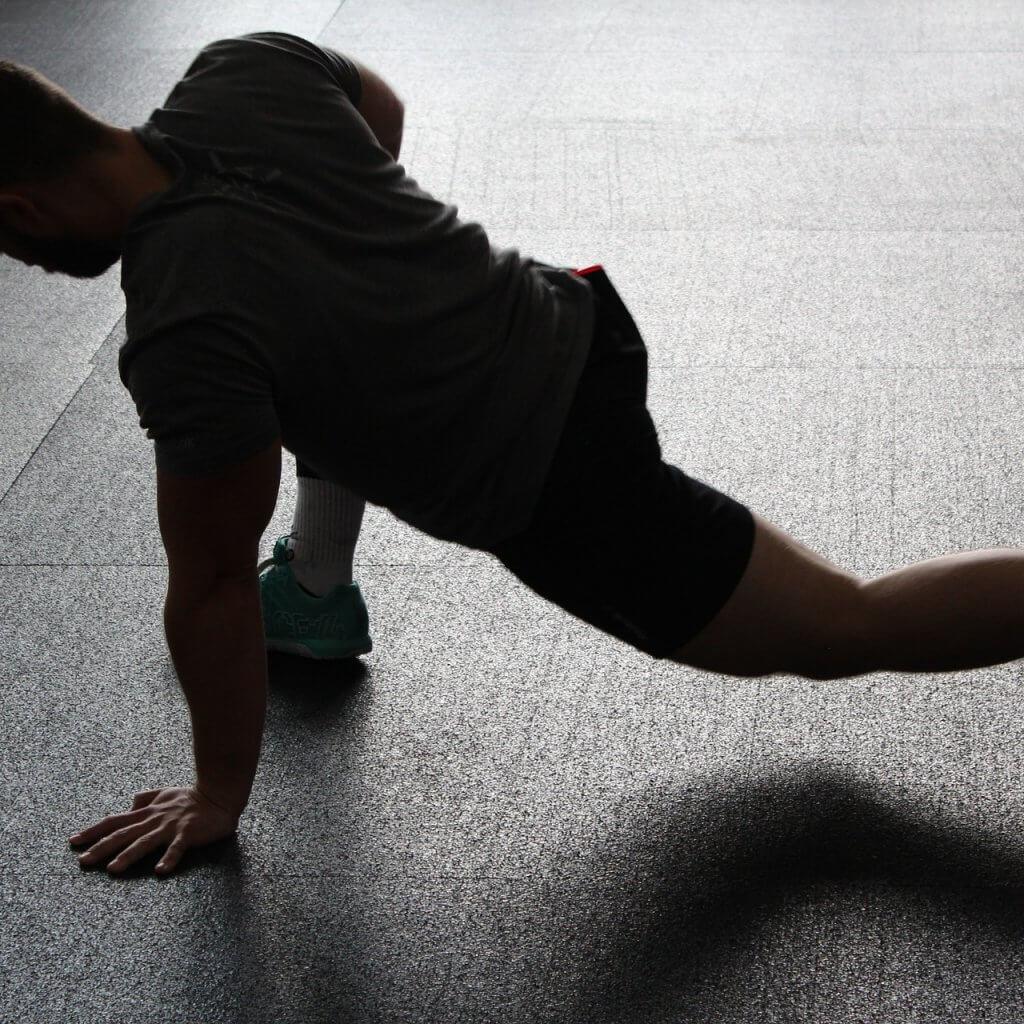
While stretching and foam rolling obvious tight muscle groups may bring relief, it is advisable to seek professional help if you suspect incorrect kneecap tracking is causing your knee troubles. A physiotherapist may be able to identify where the imbalance originates from and how it should be addressed to prevent ongoing or permanent damage. Therapy may include:
- Myofacial release of tight, overworked muscle groups
- Specific stretch exercises to elongate short, tight muscle groups
- Specific strength exercises to bring weak groups of muscles up to par
- Kinesio tape strapping or other support prespcription
Self-diagnosis of muscle imbalances may seem easy, but misidentifying the culprits and mistreating it may lead to more damage.
3. Arthritis
Created by Kjpargeter – Freepik.com
Several different types of arthritis may cause crepitus in knees. Osteoarthritis, caused by the wear and tear of the protective cartilage of the knee joint, is the most common form of arthritis. Symptoms of Osteoarthritis may include:
- Knees that make popping sounds
- Pain when walking or bending the knee, or tenderness especially on the inside of the knee
- Knee stiffness
- Occasional swelling
Causes
Osteoarthritis is viewed by scientists as a disease of the joint that may be caused by genes, weight, injury, overuse and a number of other factors.
The good news is that a recent study has found that runners are less likely to develop osteoarthritis affecting their knees. Even participants in the experiment who ran at some point in their lives and gave it up still had a lower prevalence of osteoarthritis.
Treatment
Osteoarthritis cannot be cured, but symptoms may be managed in ways prescribed by a medical professional. This may include strength excercise, weight management and relief of pain, swelling and stiffness.
4. Meniscus tears
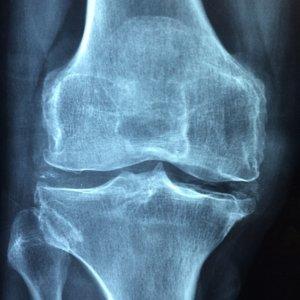
Each knee has two rubbery c-shaped discs that act as a cushion between the thighbone (femur) from the shinbone (tibia) called the menisci (plural for meniscus).
As a meniscus is torn, a popping sound may be heard from the knee. Meniscus tears can be minor to moderate, with pain and swelling lasting only a few days or weeks. In the case of a severe tear, the knee may become unstable and give way when stepping on it.
Causes
A meniscus tear can happen when the knee is twisted suddenly while the foot is planted, like when playing sports. Older people are more at risk of meniscus tears, as well as those with osteoarthritis. An increased number of meniscus tears are also treated in children. This may be because children are exposed to organised sports at younger and younger ages.
Treatment
Seek professional medical help if a meniscus tear is suspected. A period of rest may be prescribed for the injury to heal.
Latest Articles
 Is Running on a Treadmill Easier Than Running Outside?Runners have their own preferences, whether it is treadmill running, running outside on the road, or exploring trails. So...
Is Running on a Treadmill Easier Than Running Outside?Runners have their own preferences, whether it is treadmill running, running outside on the road, or exploring trails. So... Is It OK to Use Trail Running Shoes on the Road?While trail running shoes can be used on roads, especially in situations where a runner encounters mixed terrains or pref...
Is It OK to Use Trail Running Shoes on the Road?While trail running shoes can be used on roads, especially in situations where a runner encounters mixed terrains or pref... How to Fix Sore Quads After Running?Rest, ice, gentle stretching, and over-the-counter pain relievers can help soothe sore quads after running. Also, ensure ...
How to Fix Sore Quads After Running?Rest, ice, gentle stretching, and over-the-counter pain relievers can help soothe sore quads after running. Also, ensure ... 10 Fruits With The Most Electrolytes to Replace Sports DrinksThese fruits are high in electrolytes such as potassium, magnesium, and calcium, essential for hydration, muscle function...
10 Fruits With The Most Electrolytes to Replace Sports DrinksThese fruits are high in electrolytes such as potassium, magnesium, and calcium, essential for hydration, muscle function...


